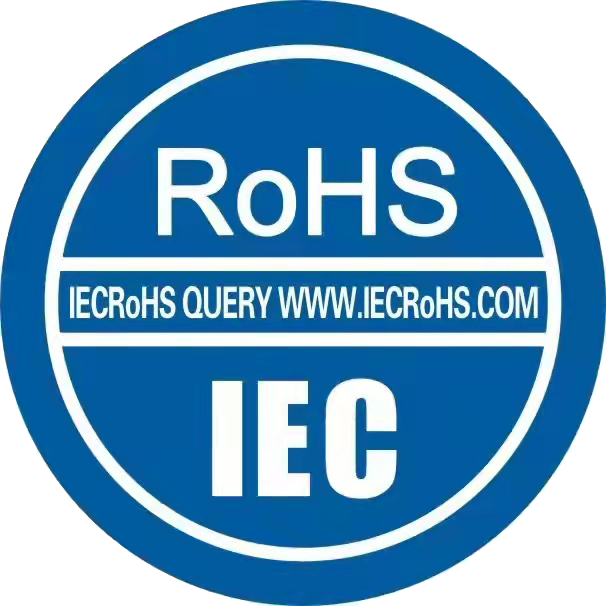SGS-CSTC Standards Technical: Ensuring Quality and Compliance in Global Markets
The SGS-CSTC Standards Technical is a critical framework for businesses aiming to meet international quality and safety standards. As global trade continues to expand, adherence to these standards ensures products and services comply with regulatory requirements across different markets. This article explores the significance of SGS-CSTC Standards Technical, its applications, and how SGS, as a global leader in testing, inspection, and certification, supports industries in achieving compliance.
What Are SGS-CSTC Standards Technical?
SGS-CSTC Standards Technical refers to the technical standards and testing protocols developed and implemented by SGS, a world-renowned inspection, verification, testing, and certification company. These standards cover a wide range of industries, including consumer goods, electronics, chemicals, and industrial products. The primary goal is to ensure that products meet safety, quality, and environmental regulations in various markets.
The Role of SGS in Global Compliance
SGS, originally founded as Société Générale de Surveillance in 1878, has grown into the world’s leading inspection, verification, testing, and certification company. With a presence in over 140 countries, SGS provides comprehensive services to help businesses navigate complex regulatory landscapes. The SGS-CSTC Standards Technical framework is a key component of these services, offering standardized testing methodologies to ensure product reliability and compliance.
Key Industries Benefiting from SGS-CSTC Standards Technical
Numerous industries rely on SGS-CSTC Standards Technical to maintain compliance and competitiveness. In the electronics sector, for example, these standards ensure products meet electromagnetic compatibility (EMC) and safety requirements. The automotive industry uses SGS-CSTC standards to verify vehicle components’ durability and environmental impact. Similarly, the chemical industry depends on these protocols to assess product toxicity and regulatory compliance.
How SGS-CSTC Standards Technical Enhances Product Quality
By adhering to SGS-CSTC Standards Technical, manufacturers can identify potential quality issues early in the production process. This proactive approach reduces the risk of recalls, legal liabilities, and reputational damage. Additionally, compliance with these standards enhances consumer trust, as products bearing SGS certification are perceived as safer and more reliable.
The Testing and Certification Process
The SGS-CSTC Standards Technical process involves rigorous testing and evaluation. Products undergo laboratory analysis, field testing, and quality audits to ensure they meet specified criteria. Once compliance is verified, SGS issues certification, which serves as a mark of quality recognized by regulators and consumers worldwide.
Why Businesses Should Prioritize SGS-CSTC Compliance
Non-compliance with international standards can result in costly penalties, market entry barriers, and lost business opportunities. By integrating SGS-CSTC Standards Technical into their operations, companies can streamline regulatory approvals, reduce time-to-market, and gain a competitive edge in global trade.
SGS Company Overview
SGS is a multinational corporation headquartered in Geneva, Switzerland, specializing in inspection, verification, testing, and certification services. With over 97,000 employees and a network of more than 2,600 offices and laboratories, SGS is a trusted partner for businesses seeking to ensure quality, safety, and sustainability. The company’s expertise spans multiple sectors, including agriculture, energy, life sciences, and environmental services.
Conclusion
The SGS-CSTC Standards Technical framework plays a vital role in ensuring product compliance and quality across global markets. By leveraging SGS’s expertise, businesses can navigate regulatory complexities, enhance consumer trust, and achieve long-term success. Whether in electronics, automotive, or chemicals, adherence to these standards is a strategic advantage in today’s competitive landscape.
Disclaimer
The information provided in this article is for general knowledge and educational purposes only. While every effort has been made to ensure accuracy, SGS, the author, and the publishing platform do not assume any liability for errors, omissions, or consequences arising from the use of this content. Readers are advised to consult professional experts for specific compliance and certification requirements.

